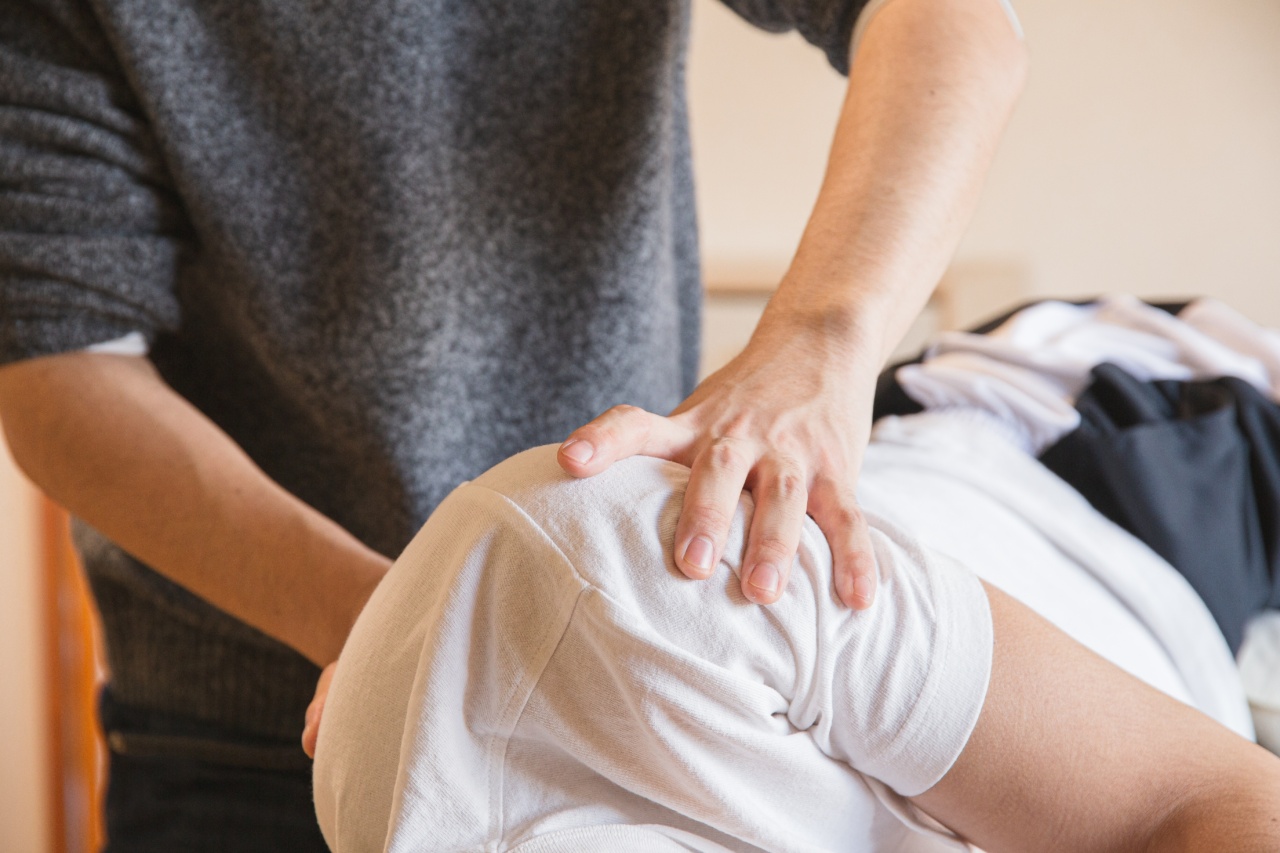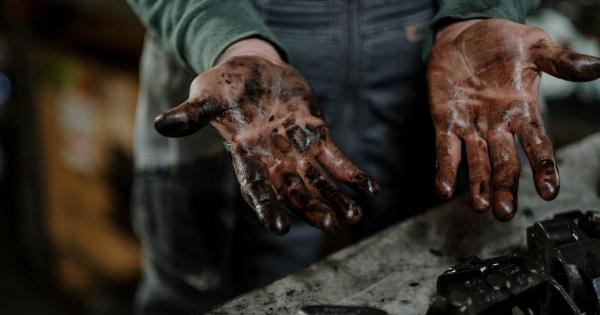Grease problems can be a major headache for homeowners and business owners alike. From clogged drains to unpleasant odors, dealing with grease can be a messy and time-consuming task.
In this article, we will discuss the causes of grease buildup and share effective solutions to help you tackle the problem at its root.
The Root Causes of Grease Buildup
Grease buildup typically occurs when fats, oils, and other debris are washed down the drain or disposed of improperly. Here are some of the common causes of grease buildup:.
1. Improper Disposal of Cooking Oil and Fat
One of the primary culprits behind grease buildup is the improper disposal of cooking oil and fat. Many people pour these substances down the drain, where they solidify and accumulate over time, resulting in clogged pipes.
2. Food Waste
Food waste, especially items high in fats and oils, can contribute to grease buildup. Washing plates, pots, and pans with leftover food residue can lead to the accumulation of grease in your plumbing system.
3. Insufficient Grease Traps
Greasetraps are designed to intercept and separate fats, oils, and grease from wastewater. If your property lacks a properly-sized and well-maintained grease trap, the grease can flow into the sewer system, causing blockages and backups.
4. Lack of Regular Maintenance
Failure to perform regular maintenance on your plumbing system can exacerbate grease problems. Without proper cleaning and maintenance, grease can build up over time, leading to more severe and costly issues down the line.
Effective Solutions to Cure the Grease Problem
1. Educate and Raise Awareness
One of the most important steps in curing the grease problem is to educate yourself and others about proper grease disposal methods. Spread awareness about the consequences of pouring grease down the drain and encourage responsible disposal.
2. Use Grease Traps and Interceptors
If your property deals with a significant amount of grease, installing or upgrading your grease trap and interceptor systems can make a world of difference. These devices will capture grease before it enters the sewer system, preventing blockages.
3. Dispose of Grease Properly
When it comes to disposing of cooking oil and fat, always use proper containers and dispose of them in designated trash cans.
Some municipalities have recycling programs specifically for used cooking oil, so be sure to check if such options are available in your area.
4. Regular Plumbing Maintenance
Maintaining your plumbing system regularly is crucial in preventing grease buildup. Consider scheduling professional inspections and cleanings at least once a year to keep your pipes free from accumulated grease and other debris.
5. Use Enzyme-Based Drain Cleaners
Enzyme-based drain cleaners are a safe and effective way to break down grease buildup in your pipes.
Unlike harsh chemical cleaners, these products use natural enzymes to digest and liquefy the grease, allowing it to flow freely through the plumbing system.
6. Educate Staff and Employees
If you own or manage a business that produces a significant amount of grease, such as a restaurant or a commercial kitchen, it is vital to educate your staff about proper grease disposal practices.
Implement clear guidelines and provide training to ensure compliance.
7. Regularly Inspect and Pump Your Septic Tank
For properties with septic systems, regular inspections and pump-outs are essential. A septic professional can help determine the frequency at which your tank needs to be pumped, preventing grease buildup and other septic-related issues.
8. Install Grease Traps in Dishwashers
If your property includes commercial dishwashers, installing grease traps or proper filtration systems can help prevent grease from entering the plumbing system. This simple addition can significantly reduce the risk of clogs and backups.
9. Avoid Using Hot Water
Hot water may help dissolve grease temporarily, but it can solidify further down the pipes, causing more significant issues. Instead, use cold water when washing dishes or disposing of fats and oils.
10. Seek Professional Help
If you are facing persistent grease problems, it is best to consult with a professional plumber experienced in handling grease-related issues.
They can assess your plumbing system, diagnose the root cause, and recommend appropriate treatments or repairs.






























